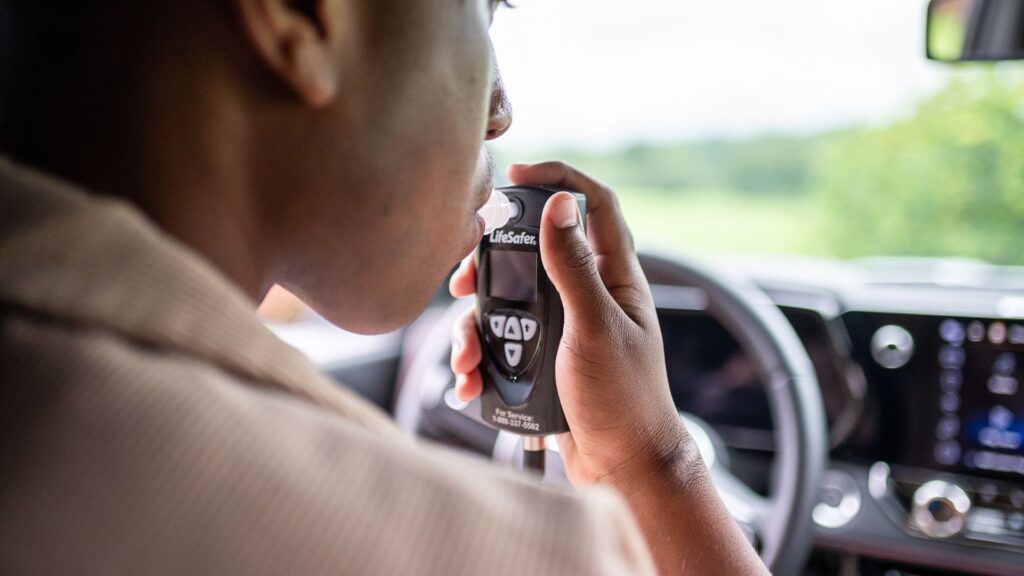Who Can Use My Ignition Interlock Device?

If you’ve recently installed an ignition interlock device (IID), also known as a car breathalyzer, you might be wondering who else can use it and under what circumstances. After all, sharing a vehicle or having someone drive on your behalf are common scenarios. However, with the legal and technical considerations tied to an IID, it’s crucial to understand the guidelines before anyone else touches the device.
Who Is Mandated to Use an IID?
Most individuals required to use an IID have been convicted of a DUI or similar offense and must meet their state’s court-ordered requirements. These orders typically include installing an IID in the vehicle(s) they operate, passing all breath tests while the device is active, and regularly maintaining and calibrating the IID as directed by the provider.
Some individuals voluntarily install an IID to prevent impaired driving and reduce liability risks, especially if they share vehicles with teen drivers or employees.
Can Others Use My IID?
If someone else needs to operate your vehicle, understanding the rules around car IID usage is essential. Here’s what you need to know about these situations:
Driving on Your Behalf
Occasionally, another person may need to drive your car on your behalf, such as in emergencies or when you’re unable to drive. It’s permissible for others to use the car breathalyzer as long as they meet these conditions:
- They are sober and can pass the test.
- They operate the vehicle throughout the entire drive. Rolling retests will require their breath sample.
Sharing a Car
You might share a vehicle equipped with an IID, such as with a partner or roommate. This is generally allowed, but the individual using the car must adhere to the following rules:
- Maintain a zero-tolerance policy for substances before driving.
- Follow all IID procedures, including providing initial and rolling breath samples.
Encourage all shared drivers to familiarize themselves with how the IID works to prevent errors or violations that could affect your compliance.
Concerns and Considerations
Hygiene Issues
Sharing an IID often raises hygiene concerns. While many devices are designed with removable or replaceable mouthpieces, it’s essential to keep spare, clean mouthpieces on hand for anyone who may use the device. To maintain cleanliness, regularly sanitize the IID following the provider’s recommendations.
Avoiding Circumvention
It’s critical to avoid practices that could be perceived as IID circumvention. Circumvention refers to any attempt to tamper with or bypass the device, including situations where someone blows into the IID to start the vehicle for a driver who is under the influence.
Here’s why this is a bad idea:
- Legal Consequences: Circumvention often leads to severe legal penalties, including extended IID program terms, fines, additional court proceedings, or even jail time.
- Dangerous Outcomes: Allowing an impaired individual to take control of the vehicle places their life and the lives of others at risk.
To protect yourself legally and ethically, make it clear to anyone who may drive your car that they can only operate the vehicle within proper IID usage protocols.
Responsible Use of Your Ignition Interlock Device
The ignition interlock program is designed to support safe and lawful driving, but it comes with clear responsibilities. Whether you’re handing over the keys or coordinating vehicle use with others, understanding who can use your car breathalyzer and how, ensures compliance and safety.
At LifeSafer, we set up our clients with the tools they need to stay compliant throughout the ignition interlock program. We provide 24/7 customer support, over 1600+ convenient locations, and lots of online resources for FAQs and troubleshooting.
If questions or concerns arise about your ignition interlock program, contact LifeSafer at 800-634-3077.
